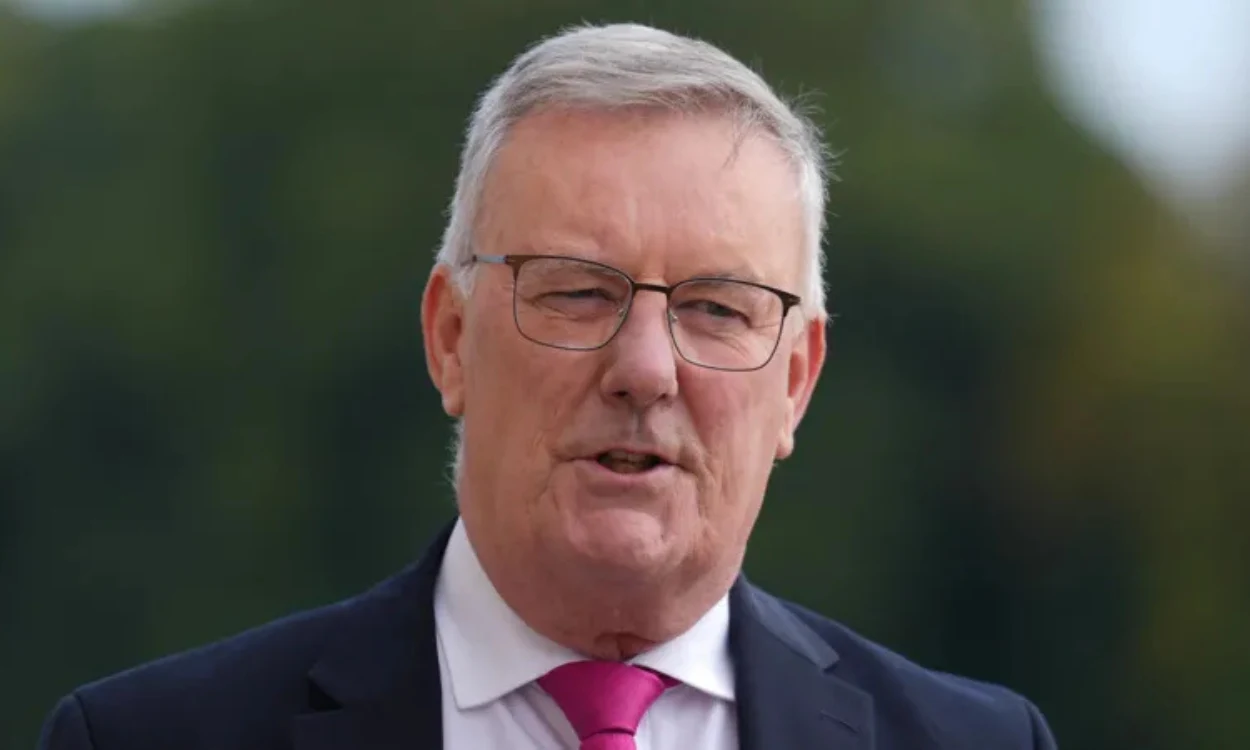Belfast – Health Minister Mike Nesbitt has cautioned that Northern Ireland may be unable to match pay raises granted to healthcare workers in other parts of the UK, despite a recent £350 million boost to the health budget. This additional funding, part of a mid-year budget adjustment known as the monitoring round, still leaves the Department of Health £100 million short of a balanced budget.
Nesbitt’s comments come amid mounting pressure from healthcare unions, who have called for pay parity with NHS staff in England, Scotland, and Wales. Last week, Unison union members rallied at Stormont, warning of possible industrial action if fair pay was not ensured. The independent Pay Review Body has recommended a 5.5% raise for Northern Ireland’s health staff for the 2024-25 fiscal year, in line with the increases received by NHS workers elsewhere. However, that raise has yet to be funded in Northern Ireland, creating a growing sense of urgency among healthcare workers.
In a recent statement, Nesbitt emphasized his commitment to achieving fair compensation, stating, “I’m not prepared to look a health worker in the eye… and say, ‘I’m not trying to maintain pay parity for you.’” However, he acknowledged that his department now faces a difficult choice: either overspend the health budget to meet pay demands or enter negotiations with unions, transparently stating that full pay parity may not be financially feasible.
Financial Pressures Across Departments
Deputy First Minister Emma Little Pengelly noted that ministers have widely recognized the challenging nature of this budget allocation. Earlier this year, Finance Minister Caoimhe Archibald told Members of the Legislative Assembly (MLAs) that various departments were grappling with a cumulative £767 million in spending pressures.
The current monitoring round has alleviated some of these pressures, but First Minister Michelle O’Neill confirmed that about £180 million of budgetary needs remain unmet. She said the enduring financial constraints are due to a “toxic legacy of austerity,” adding that “one budget was not going to be enough to reverse” the economic strain on public services.
Department of Justice and Social Housing Get Boosts
While the Department of Health faces tough decisions, the monitoring round allocated additional funds to other critical areas. The Department of Justice received a £36 million increase to help manage rising demands, complex investigations, and backlog issues in Northern Ireland’s courts. Justice Minister Naomi Long welcomed the funding, noting that the additional resources would ease some of the pressures impacting victims and public prosecution services.
Additionally, £24 million was directed toward social housing projects through the Department for Communities. This funding comes after previous budget cuts reduced social housing targets from 2,000 new units to just 400 this year. The new funds are expected to enable the construction of an additional 1,400 homes, addressing critical housing needs across Northern Ireland.
Winter Fuel Payments Under Strain
Another focal point of the recent budget adjustments was the impact of winter fuel payment cuts on pensioners. The Department for Communities received £17 million to partially offset the cutbacks, following a UK-wide shift to means-tested payments. It remains unclear how this funding will be distributed, but pensioners in Northern Ireland are expected to receive some relief as winter approaches.
The finance minister has announced plans to present a draft budget for the 2025-26 fiscal year before Christmas, which will go through a public consultation process. Stormont is set to receive an additional £1.5 billion from Westminster next year, providing hope for more robust support across public sectors. However, the current budget constraints indicate that Northern Ireland’s departments may continue to face difficult trade-offs, with healthcare and pay parity for NHS staff likely remaining at the center of public and political debate.
As Nesbitt prepares to negotiate with unions, the outcome will be closely watched, as healthcare staff weigh the possibility of industrial action if funding for pay parity is not forthcoming.


